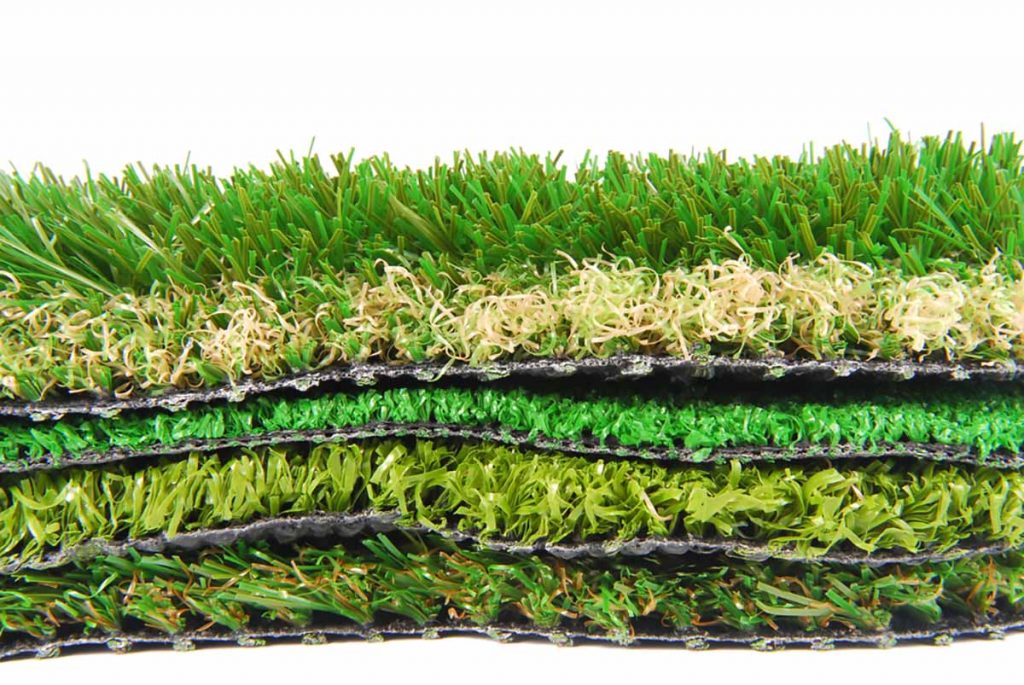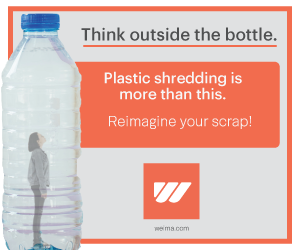
Research scientists are working to solve the challenge of recycling artificial turf. | severija / Shutterstock
Efforts in Europe will leverage chemical recycling technologies to recover plastics from two particularly problematic sources: wind turbine blades and artificial turf.
AIMPLAS, a Spanish plastics research institute, recently published a white paper detailing the strategies and goals of the EROS and RECITURF projects.
“Plastic waste from wind turbine blades and artificial turf football pitches is very difficult to recycle because it is made of different materials from different sources that melt at different temperatures and have different viscosities,” wrote Nora Lardiés of AIMPLAS’s Chemical Recycling Group. “Most of this waste is therefore landfilled and only a small part is shredded for reuse as fillers. Both types of waste represent a major problem that must be solved as soon as possible.”
The paper notes that wind turbine decommissioning projects in Europe next year are expected to generate about 1.5 million metric tons of composite scrap. Soccer field replacement projects in Europe are expected to produce 400,000 metric tons of artificial grass scrap over the coming years.
The EROS Project will apply mechanical and chemical recycling techniques to wind turbine blade scrap, as well as scrap from the aeronautical industry. The goal will be to recycle glass fibers, carbon fibers and glycols for use in ceramics and vehicles.
The RECITURF Project will apply biological degradation and solvolysis to artificial turf’s secondary polyurethane backing, recovering its chemical building blocks. That will also allow mechanical techniques to be used to separate the PP and PE in artificial grass for recycling.
More stories about technology
"difficult" - Google News
July 28, 2021 at 11:04PM
https://ift.tt/2THFn1B
Research projects target difficult-to-recycle plastics - Plastics Recycling Update
"difficult" - Google News
https://ift.tt/2VWzYBO
https://ift.tt/3d5eskc
Bagikan Berita Ini
















0 Response to "Research projects target difficult-to-recycle plastics - Plastics Recycling Update"
Post a Comment